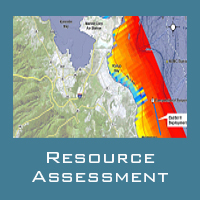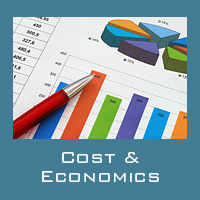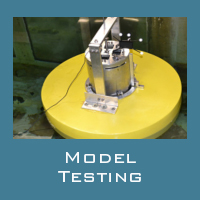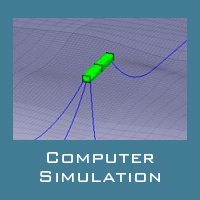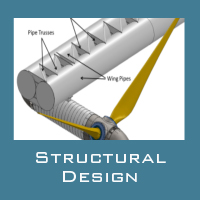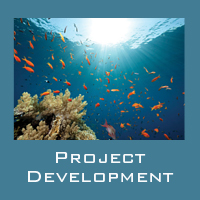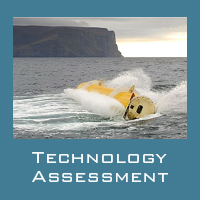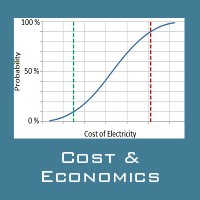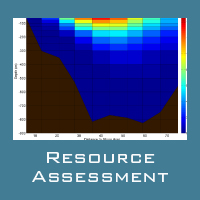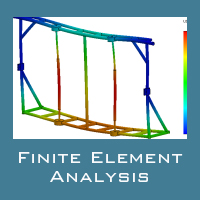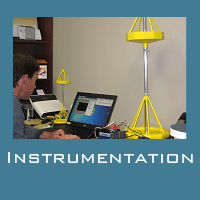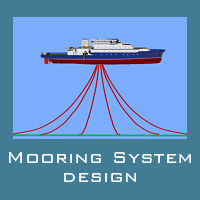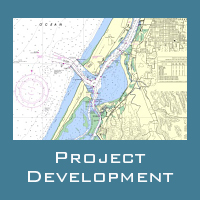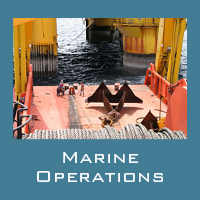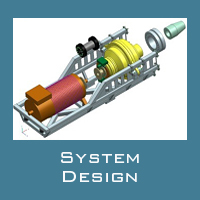Economic Analysis
Unlike mature renewable energy technologies, there is a limited experience-base to draw from when developing cost and economic assessments for marine renewable technologies. The issue gets further complicated, because most of the data-sets are commercially sensitive and only a limited amount of data is available in the public domain. Having an in-depth understanding of the technical and commercial aspects of marine renewable energy technologies, Re Vision is able to provide insight into the commercial viability and cost-reduction pathways of these technologies. Over the past decade, Re Vision has performed over 50 independent cost and economic assessment studies for a wide range of clients, including; (1) Device Developers, (2) Financial Institutions, (3) Government Agencies (4) US National Laboratories, and (5) Utilities.

Project Development
The development of a marine renewable energy project requires an understanding of project development, regulatory processes, environmental concerns, stakeholder involvement, and in-depth understanding of all technical aspects. Moving a project through its different development phases requires a solid background in all of these aspects. Re Vision has been involved in leading and supporting roles in many marine energy projects and has been critical in streamlining permitting processes through its involvement with various state and federal agencies in the US.

Marine Operations Planning
Understanding how to best install and operate emerging marine renewable technologies is important from a safety and economic point of view. Re Vision is combining modern statistical analysis of weather and machine related events with the in-depth understanding of experienced professionals to develop a solid understanding of how a particular technology should be operated throughout its lifecycle to minimize cost and risks

Resource Assessments
Resource assessments are a critical component to determine device performance and structural loads of marine renewable technologies. Re Vision has experience with performing resource assessments for a wide range of marine renewable energy technologies, including wave, tidal, river and ocean current. An extensive set of existing in-house resource data from different sites world-wide allows us to streamline the assessment process. Our experience with site-specific measurements and resource modeling allows us to refine the site-specific resource assessments required for actual project implementation.

Computational Modeling
Understanding device performance and structural loads forms the design basis for all of these systems. Re Vision has worked extensively with commercial codes such as AQWA and Orcaflex but has also developed a better-suited in-house code that can be leveraged into a wide range of projects. This in-house code features a comprehensive set of physical models and can be adapted to meet the customer requirements. More recently, Re Vision has focused extensively on refining its ability to use its computational capabilities to perform parametric optimization studies, oftentimes requiring thousands of dynamic system simulation runs. Re Vision has also been involved in the development of tuning and control strategies to optimize the performance of wave energy converters, which is a critical aspect in reducing the cost of electricity.
Click on images to see animations

Structural Design and FEA
Re Vision is using SolidWorks to develop structural models of design concepts and is able to validate the structural performance using Finite Element Analysis (FEA). Having a strong background with structural design issues and familiarity with offshore design codes, we are able to apply this expertise through all design phases (from concept to detailed design).

Model Testing & Validation
Re Vision has built, instrumented and tested various subscale models to validate loads and device performance at laboratory-scale. In the process, it has utilized a wide range of tank testing facilities on the US west coast. Combining our expertise in theoretical and physical modeling of marine renewable energy systems allows us to improve process efficiencies, reduce overall project cost and execute on projects effectively.

Optimal Control
Optimal control is a game changer in the evolution of wave energy conversion (WEC) design, akin to the use of lift-based aerofoils in the design of wind turbines. Over the past decade, the controls design thinking within the WEC community has evolved from discrete techniques that have been shown to improve performance for specific device topologies, such as latching, to generic controls approaches where losses and constraints in the system can be handled efficiently when maximizing power. These types of modifications are crucial in creating practical, profitable WEC device topologies.


